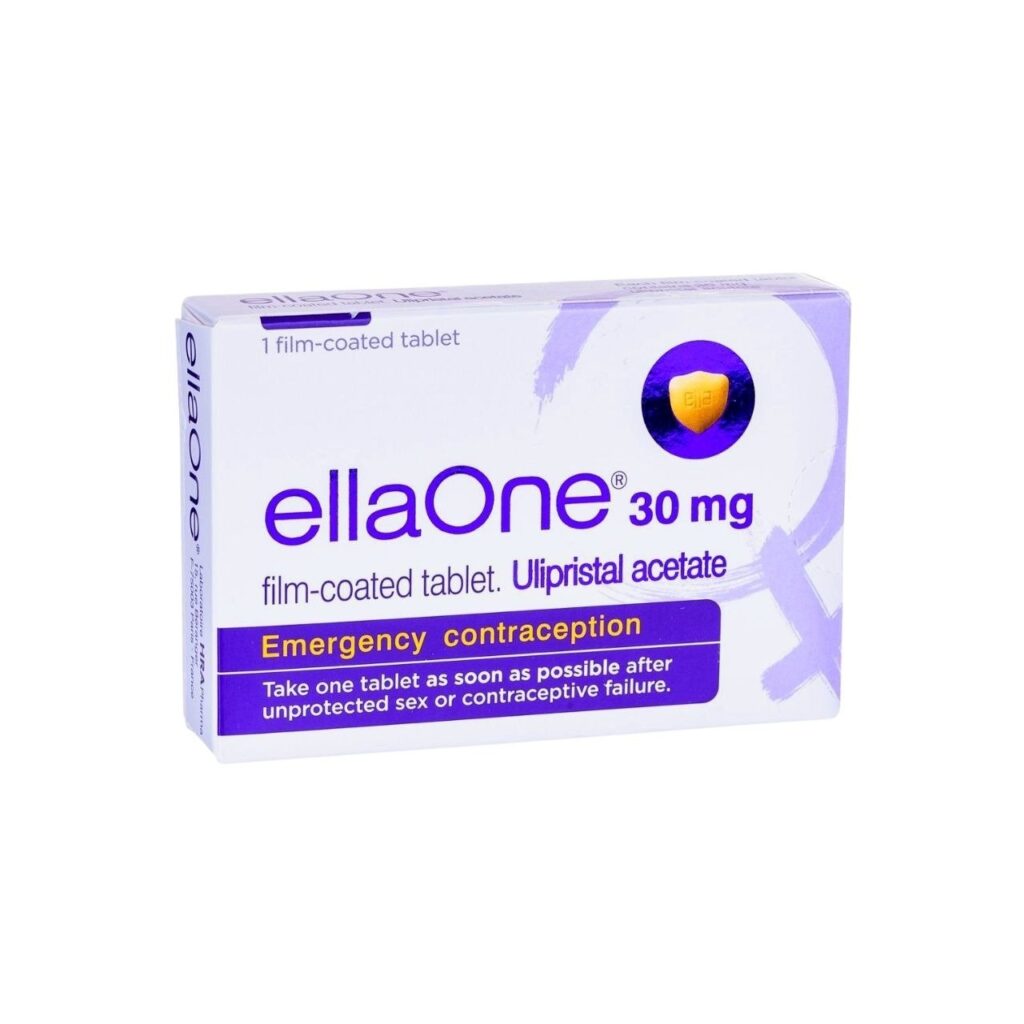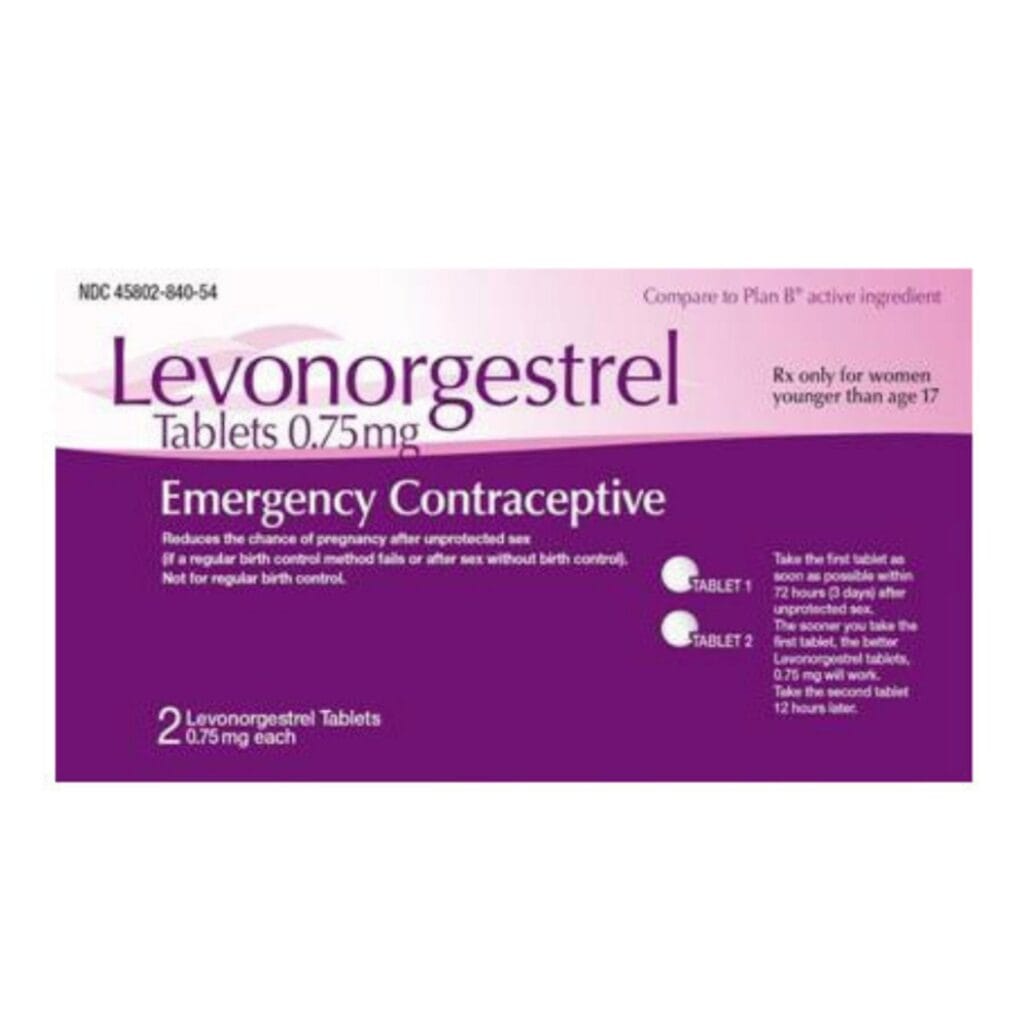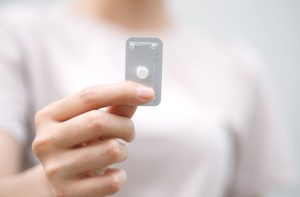Emergency Contraception
Emergency contraception offers reliable emergency birth control options for those unexpected moments. These products are designed to prevent pregnancy when taken shortly after unprotected sex or contraceptive failure. Choose from a range of trusted brands to find the solution that best fits your needs. Fast and discreet shipping ensures you get the support you need when you need it.

Emergency Contraception Treatments



Our Trustpilot Reviews
Emergency Contraception FAQs
What is emergency contraception?
Emergency contraception refers to methods used to prevent pregnancy after unprotected intercourse or contraceptive failure. It is meant to be used as a backup contraceptive method and is not intended for regular use.
How does emergency contraception work?
Emergency contraception primarily works by delaying or preventing ovulation, the release of an egg from the ovary, thus preventing fertilisation. It may also affect the lining of the uterus or the movement of sperm, further reducing the chances of pregnancy.
When should emergency contraception be used?
Emergency contraception should be used as soon as possible after unprotected sex or contraceptive failure. It is most effective when taken within the first 24 hours but can be used up to 72 hours (or even up to 120 hours for certain types) after intercourse.
Is emergency contraception the same as abortion?
No, emergency contraception is not the same as abortion. Emergency contraception prevents pregnancy from occurring, while abortion terminates an existing pregnancy.
How effective is emergency contraception?
The effectiveness of emergency contraception depends on various factors, including the timing of administration and the specific method used. Generally, emergency contraception can significantly reduce the risk of pregnancy when taken as directed, but it is not 100% effective.
Can emergency contraception be used if I’m already pregnant?
No, emergency contraception is not effective if you are already pregnant. It is designed to prevent pregnancy from occurring and will not terminate an existing pregnancy.
What are the potential side effects of emergency contraception?
Common side effects of emergency contraception may include nausea, vomiting, abdominal pain, headache, fatigue, breast tenderness, and changes in menstrual bleeding. These side effects are usually mild and temporary.
What should I do if I vomit after taking emergency contraception?
If you vomit within two hours of taking emergency contraception, it may not have been fully absorbed by your body. In such cases, it is advisable to take another dose as soon as possible.
How does emergency contraception interact with antibiotics?
Most antibiotics do not affect the effectiveness of emergency contraception. However, certain medications, such as rifampin and some antifungal drugs, may reduce the effectiveness of hormonal emergency contraception. It is best to consult your healthcare provider or pharmacist for personalised advice.
Does emergency contraception have any long-term effects on reproductive health?
Research suggests that emergency contraception does not have any long-term effects on reproductive health. It is a safe and effective method for preventing pregnancy when used as directed.
Can emergency contraception be taken if I’m currently taking antidepressants?
In general, emergency contraception can be taken while using antidepressants. However, it is important to consult your healthcare provider or pharmacist for personalised advice, as certain medications may interact with emergency contraception.
How does emergency contraception affect hormonal balance?
Emergency contraception works by temporarily altering hormonal levels in the body to prevent ovulation or fertilisation. While it may cause temporary hormonal changes, these effects are generally reversible and do not have long-term implications for hormonal balance.
Can emergency contraception cause infertility?
There is no evidence to suggest that emergency contraception causes infertility. Emergency contraception is a temporary method used to prevent pregnancy and does not affect fertility in the long term.



